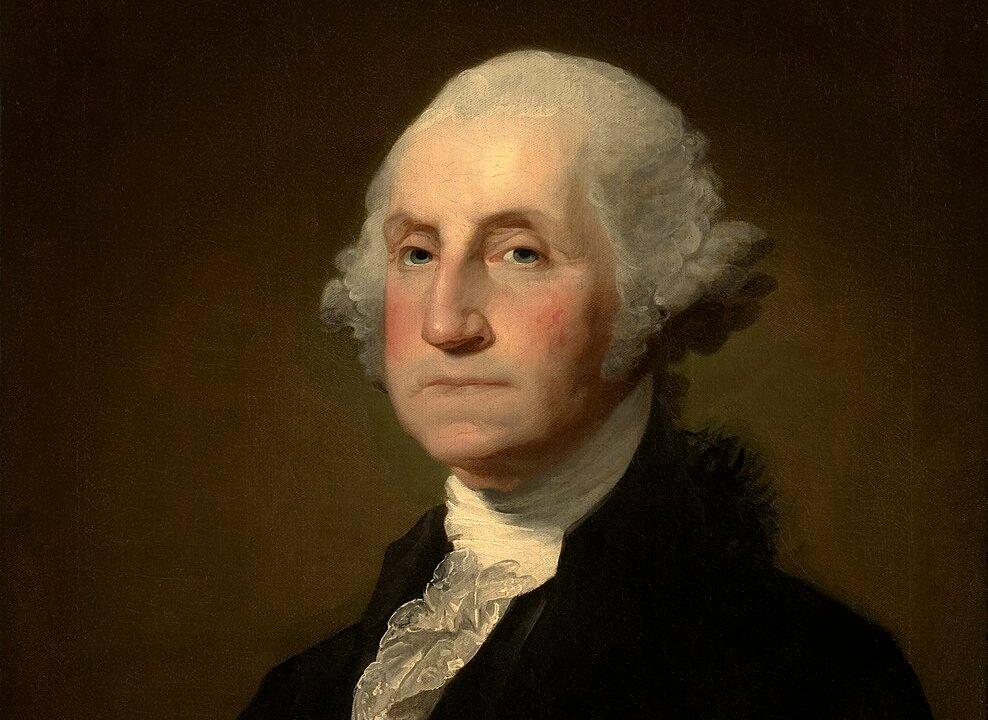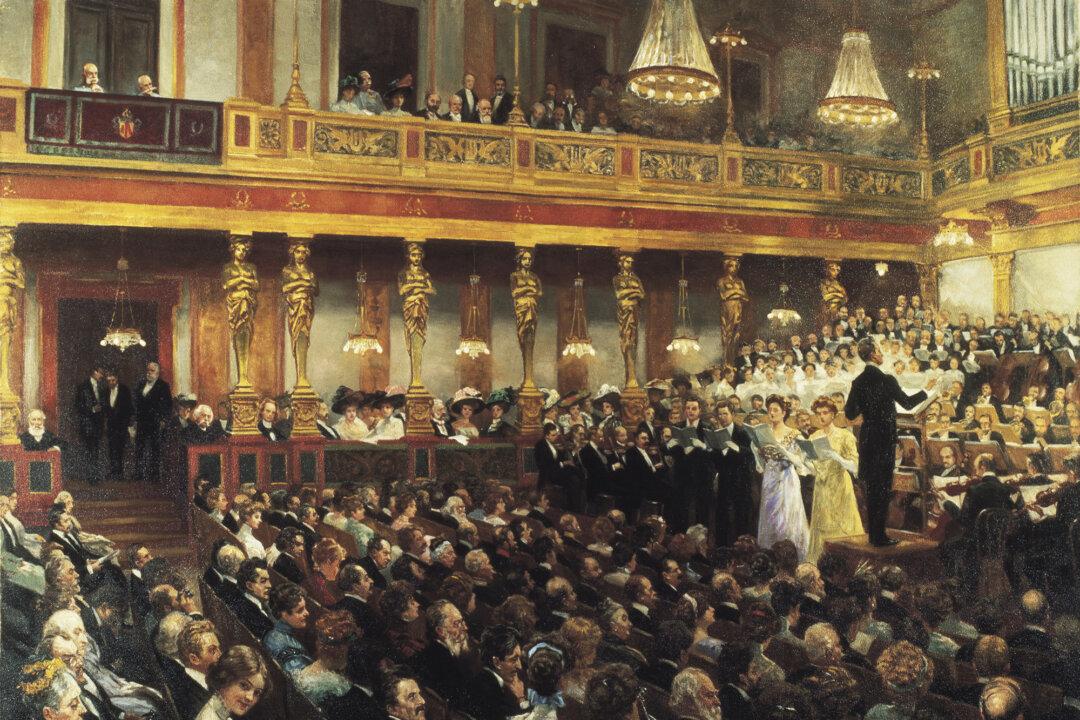George Washington, it’s famously said, was “First in war, first in peace, and first in the hearts of his countrymen.” Such firsts undoubtedly contributed to his other great achievements, including his election as president of both the Constitutional Convention and the United States.
In other words, Washington was not an average man. But his above-average nature didn’t happen overnight. At age 14, he copied out more than 100 maxims of good behavior in his school book, likely intending to implement them in his own life. Many of these are still applicable today. Following them can help modern men be true gentlemen who stand head and shoulders above the crowd in both character and conduct.






